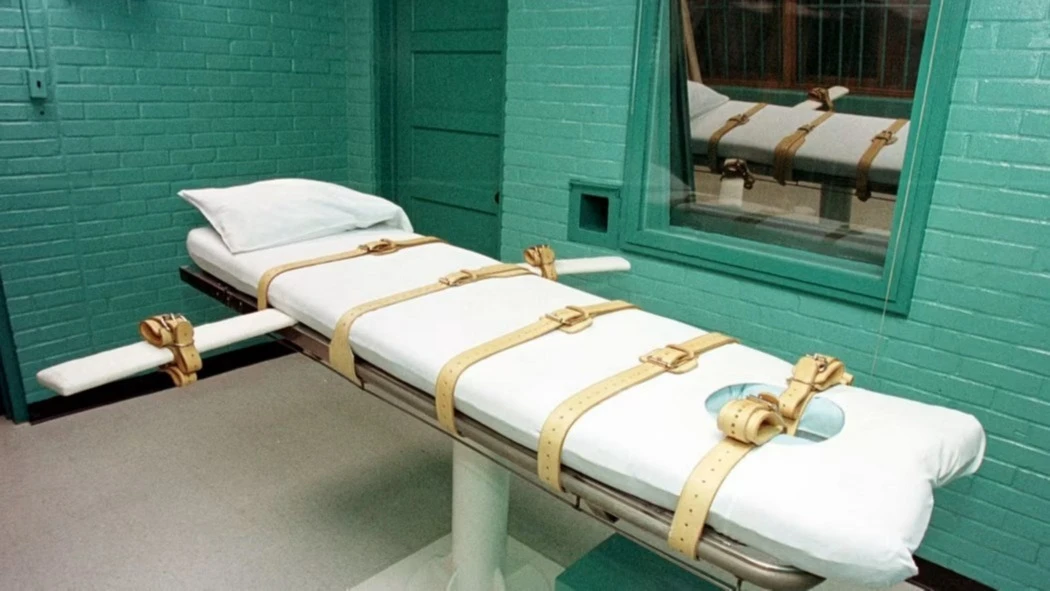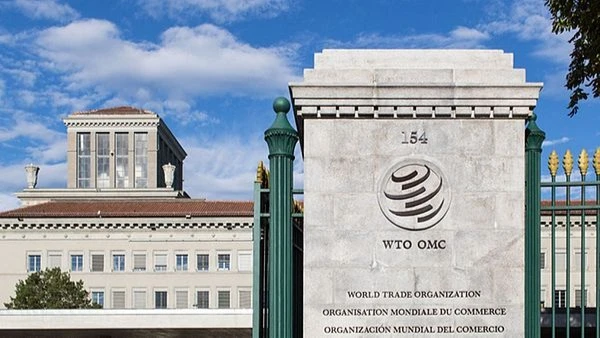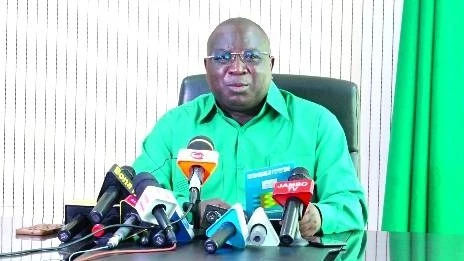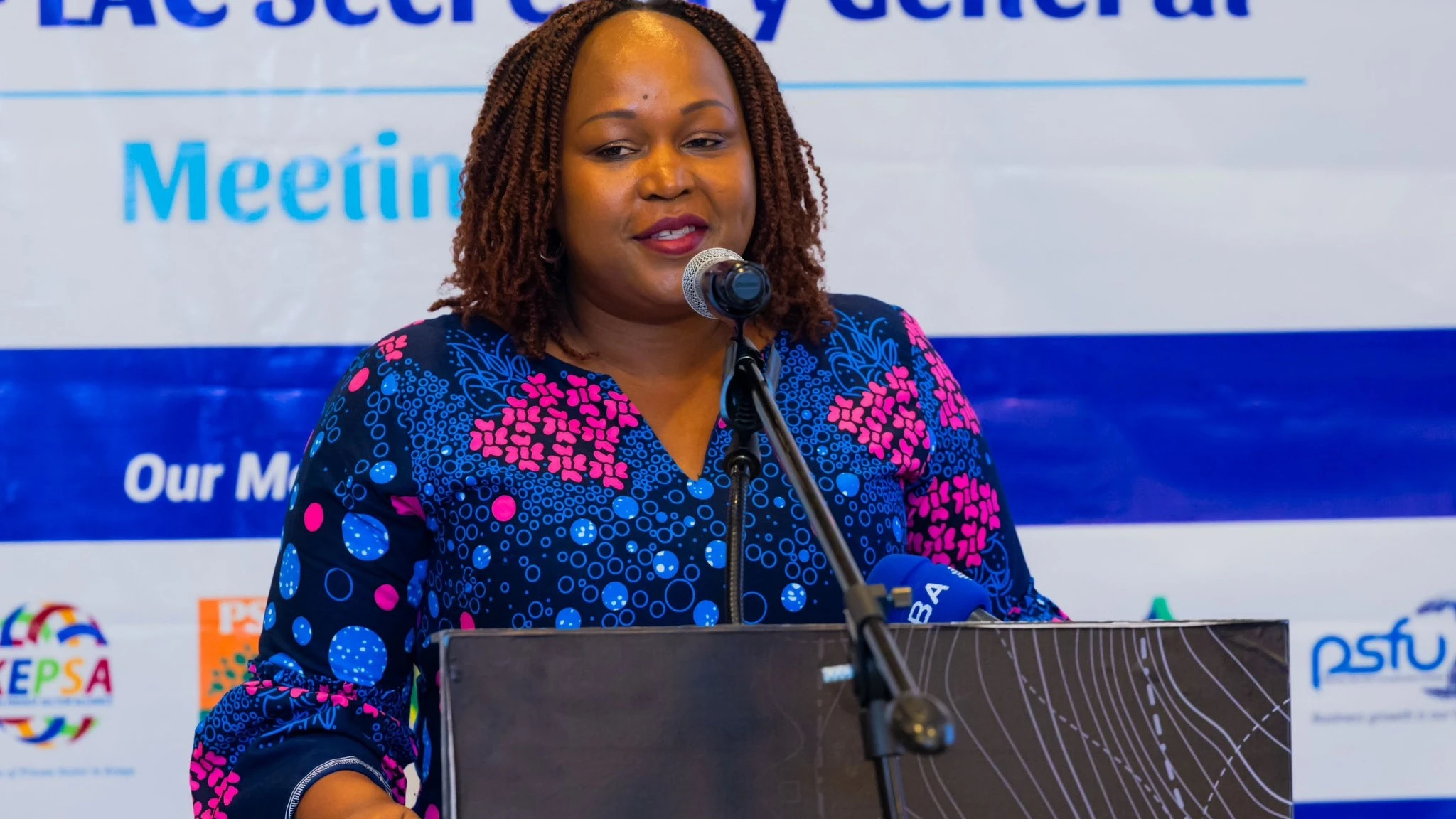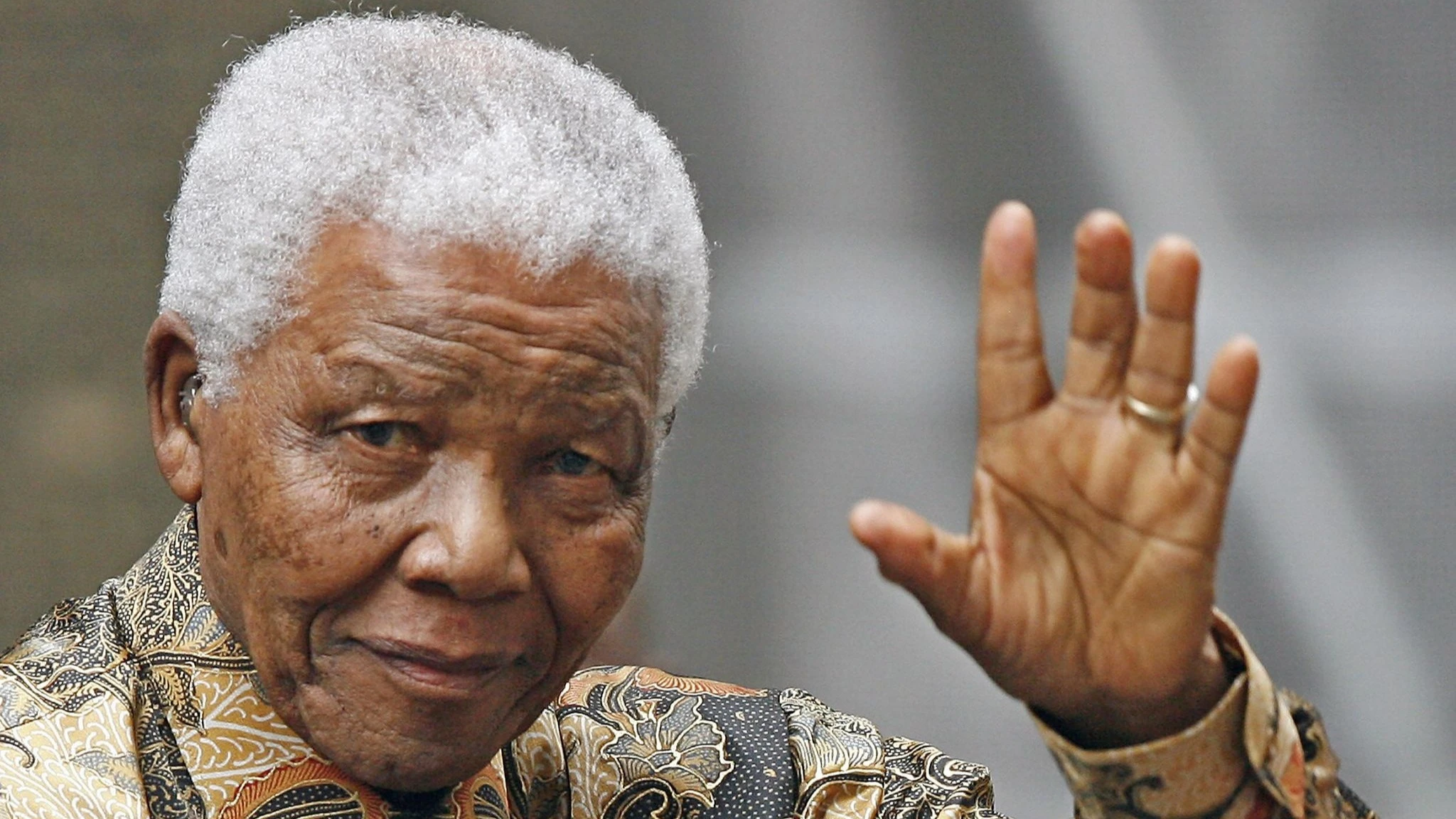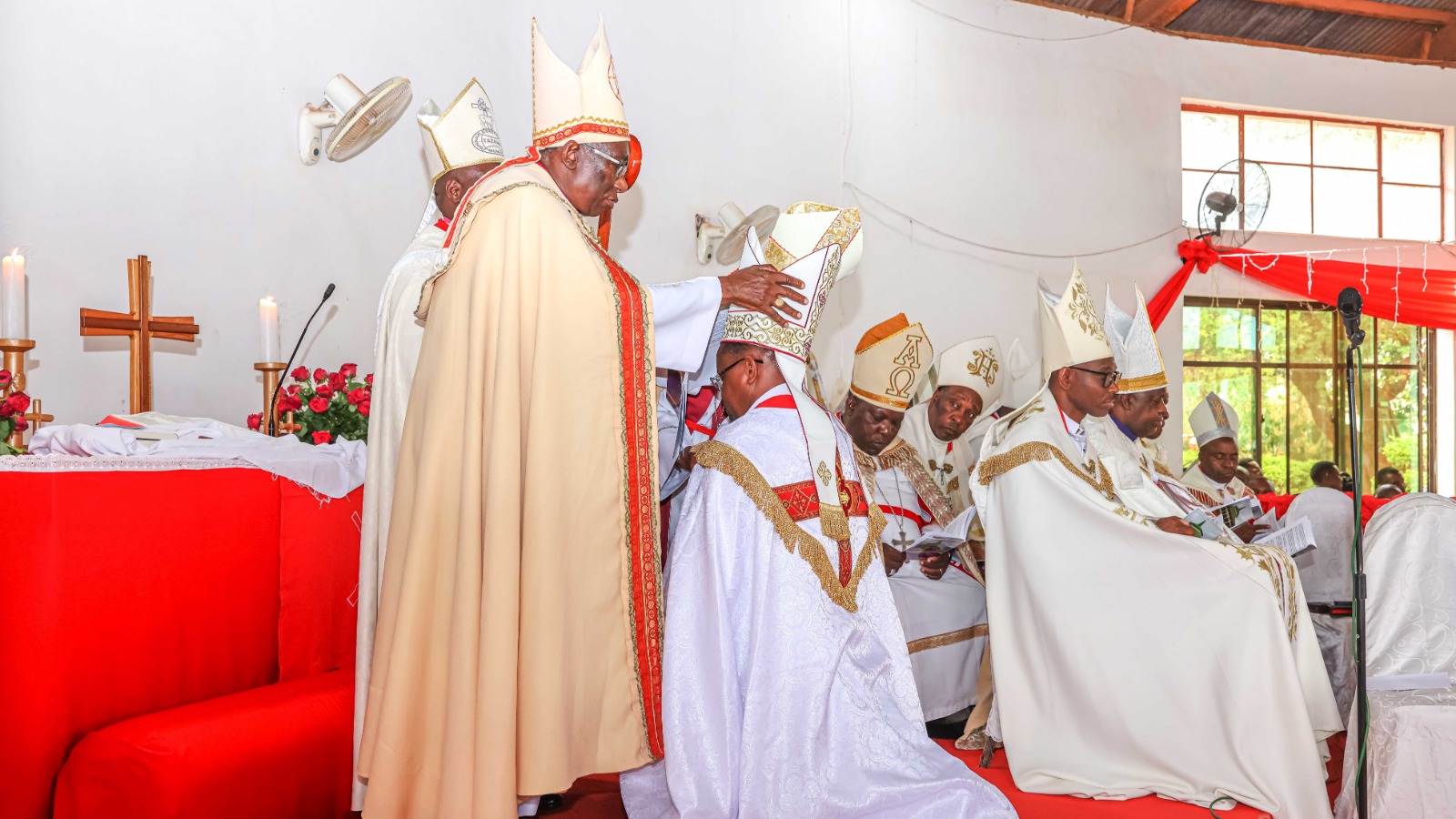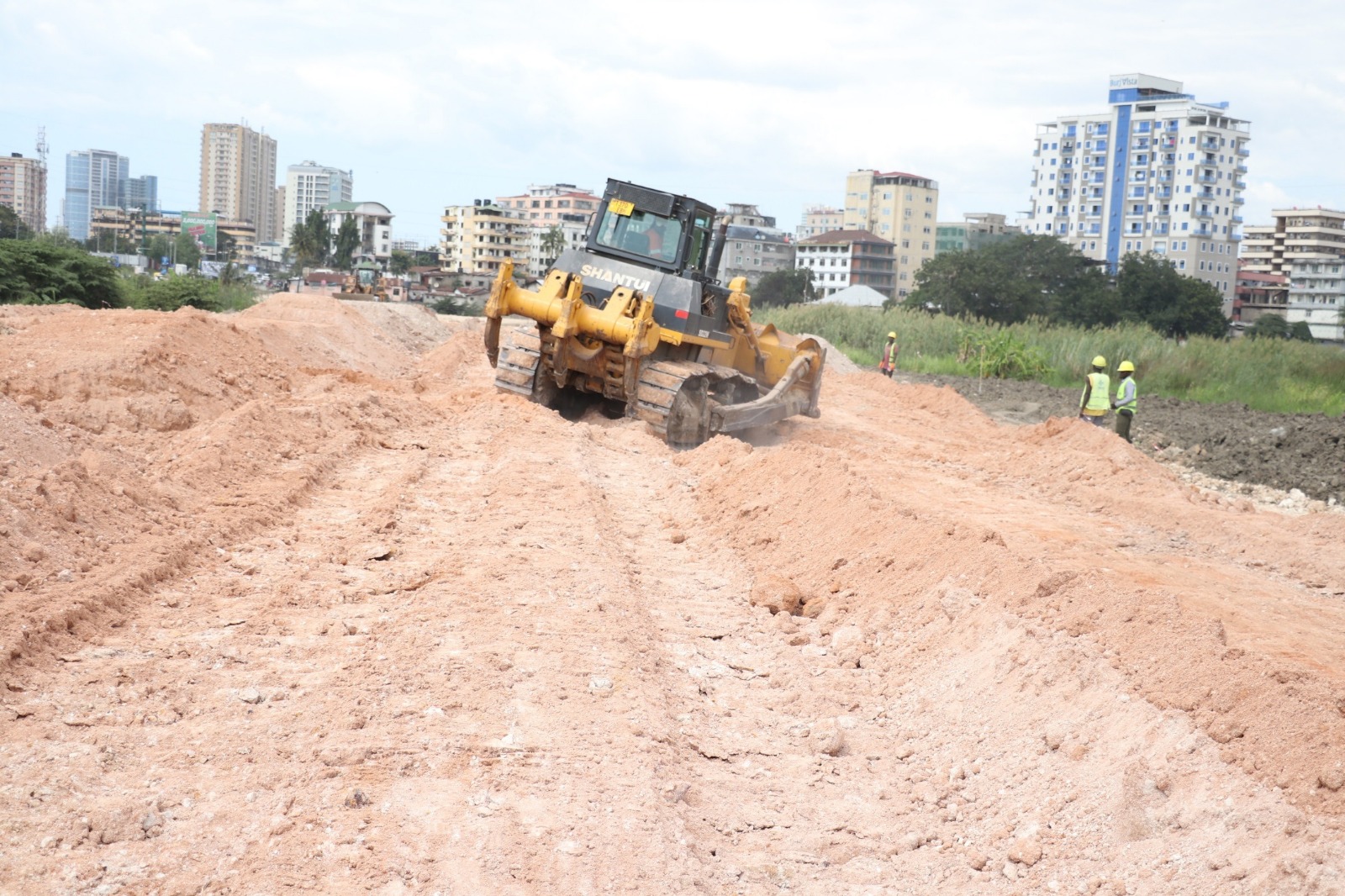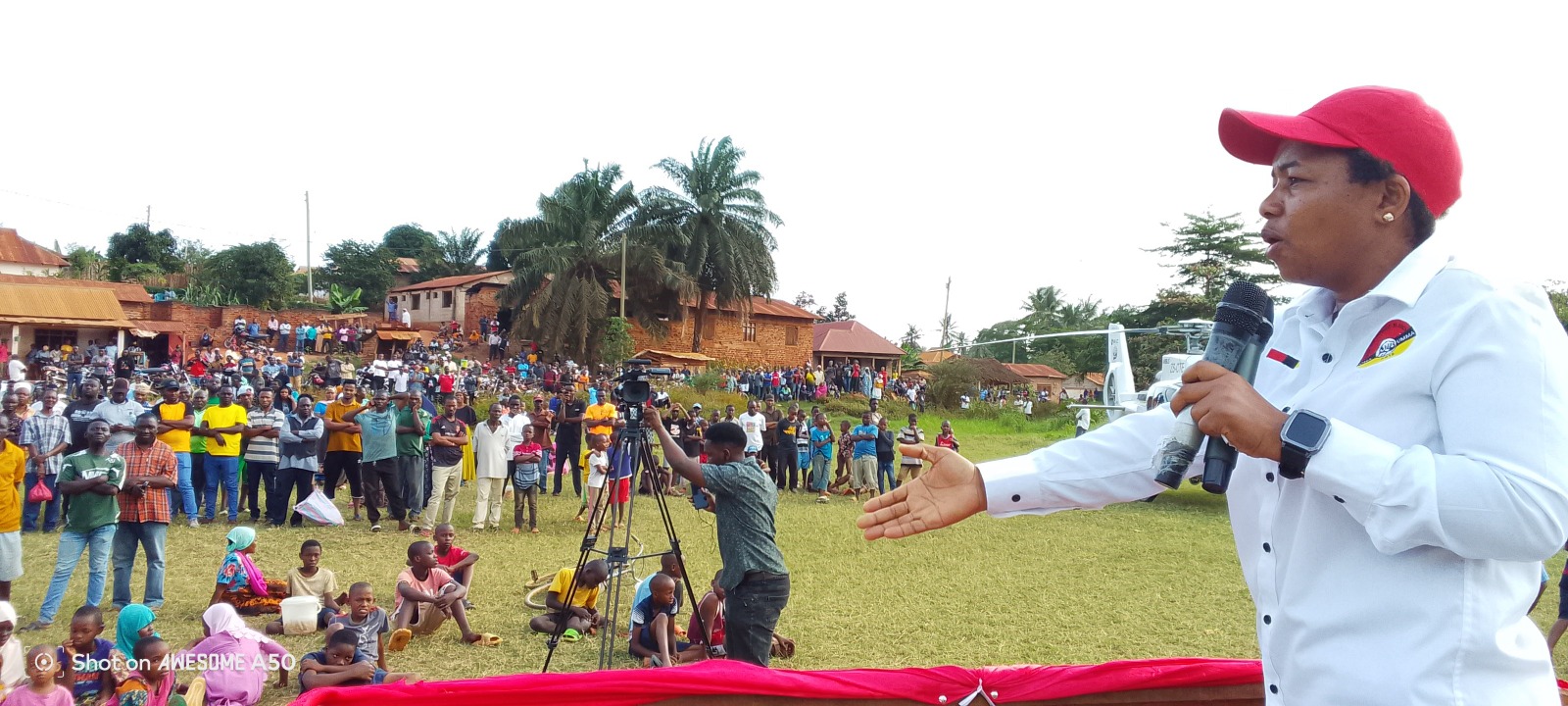Donors provide 161bn/- as health basket finance
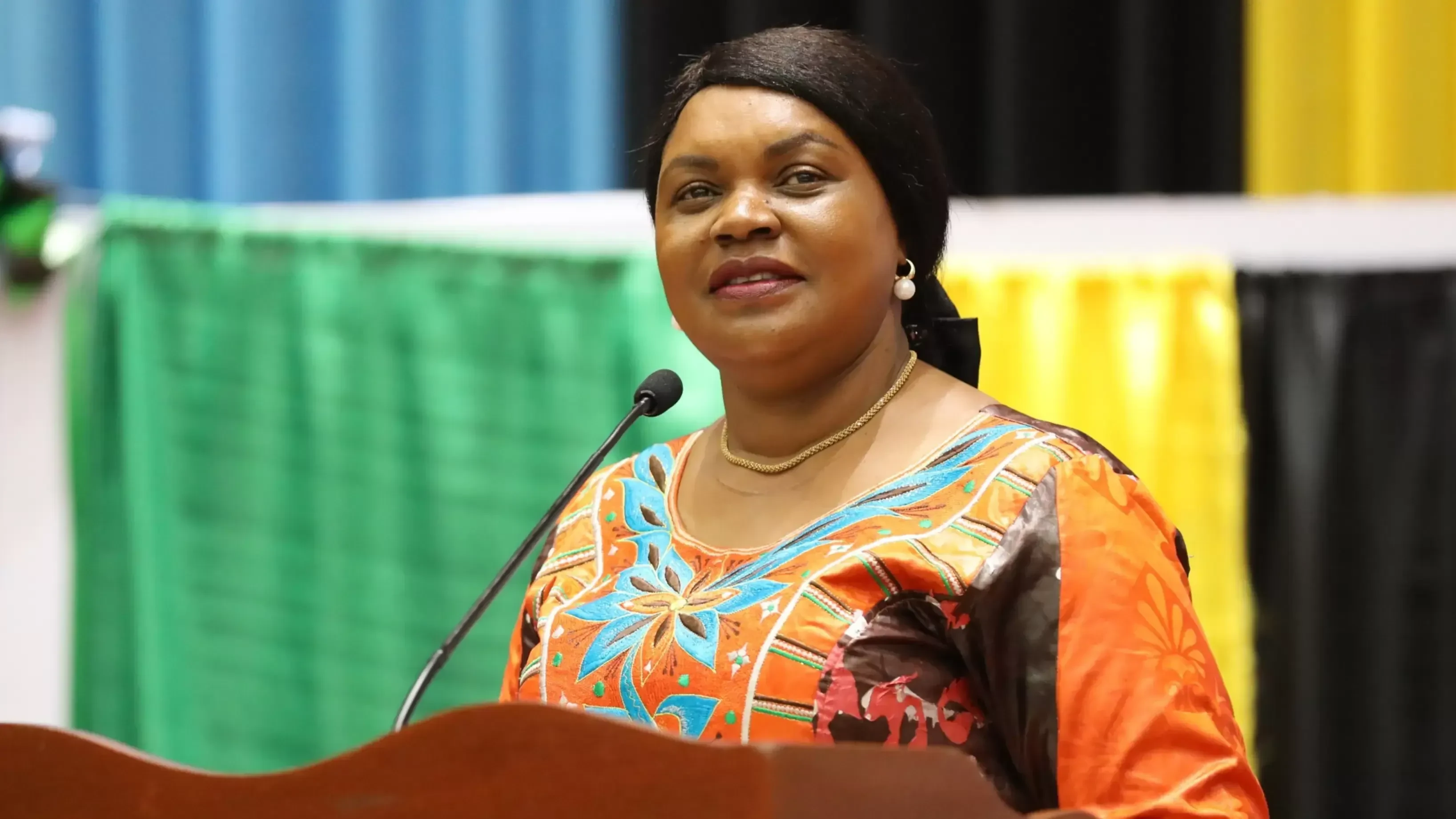
IN a major stride towards strengthening primary healthcare and advancing universal health coverage (UHC), the government has secured a total of $55.56m (161bn/-) from the development partners.
Jenista Mhagama, the Health minister, presided at a ceremony for signing the pact in Dar es Salaam yesterday for the new Health Basket Fund (HBF) provisions for fiscal 2025/2026, representing a significant increase from $44.3m delivered in 2022/23.
The HBF is a joint financing arrangement between the government and development partners including Canada, Denmark, Ireland, Korea, Switzerland, the United Kingdom, the World Bank, UNFPA and UNICEF.
The minister underscored the fund’s role as a reliable and critical source of financing for primary healthcare, noting that it was pivotal in carrying out the decentralisation by devolution (D by D) strategy and direct health facility financing (DHFF) mechanism.
“The fund channels resources directly to 7,345 health facilities nationwide, supporting service delivery and driving transparency, efficiency and local ownership in managing healthcare,” she said.
Since its inception in 1999, the HBF has disbursed more than $1.3bn (3.2trn/-) to support implementation of the country’s health sector strategic plans, with one of its transformative achievements being the shift to direct health facility financing (DHFF), she stated.
It gives public primary healthcare facilities greater autonomy to manage budgets and operations, an approach that has increased accountability and strengthened citizen engagement through health facility governing committees.
Affirming that the committees participate in planning, budgeting and monitoring of service delivery, she pointed at community-based oversight, along with increased investment helping to achieve major improvements in maternal and child health.
These include increased antenatal care attendance, more babies delivered by skilled birth attendants and expanded access to emergency obstetric and newborn care services, she said.
The 2025/26 agreement also marks the return of the United Kingdom to the basket fund partnership, reinforcing the shared commitment of donors to Tanzania’s healthcare priorities, she said.
Elke Wisch, the UNICEF country representative representing the breadth of development partners, praised the government’s leadership and reaffirmed their support for equitable and quality healthcare.
“As we enter the 26th year of this important partnership, we remain committed to delivering health services that leave no one behind. This fund is more than a financial mechanism—it is a powerful model of government-led, coordinated development,” she stated.
While progress has been made, challenges such as public health emergencies, resource constraints and the impact of climate change on health require sustained attention and investment, she asserted.
Dr Natu Mwamba, the Treasury permanent secretary, said that over 1.2bn/- ($461,964) has been approved as a carryover from fiscal 2024/25, with an additional 526.2m/-($205,949) intended to support independent performance verification.
It is a key mechanism for transparency and accountability in the use of public revenues and donor funds, with performance indicators such as early initiation of breastfeeding being central to it.
“They are not just numbers—they reflect the real lives of Tanzanian women and children,” she said, noting that as a mother of three, she reflects personally on what these indicators imply.
Dr Festo Dugange, the Regional Administration and Local Governments deputy state minister in the President’s Office (PO-RALG) hailed the fund’s impact at the grassroots level.
The fund has contributed to reducing maternal mortality from over 600 deaths per 100,000 live births to 104—a remarkable success that earned President Samia Suluhu Hassan the Global Goalkeepers Award, she stated.
Since 2021, the government has invested 1.343trn/- in health infrastructure, including the construction of 129 new district hospitals, 87 health centres and upgrading over 1,300 dispensaries across the country.
“This partnership is evidence that health outcomes improve when government and development partners align with a shared vision and mutual accountability,” he said.
“The Health Basket Fund is a pillar of our national strategy to ensure every Tanzanian can access essential health services.” he added.
Top Headlines
© 2025 IPPMEDIA.COM. ALL RIGHTS RESERVED








